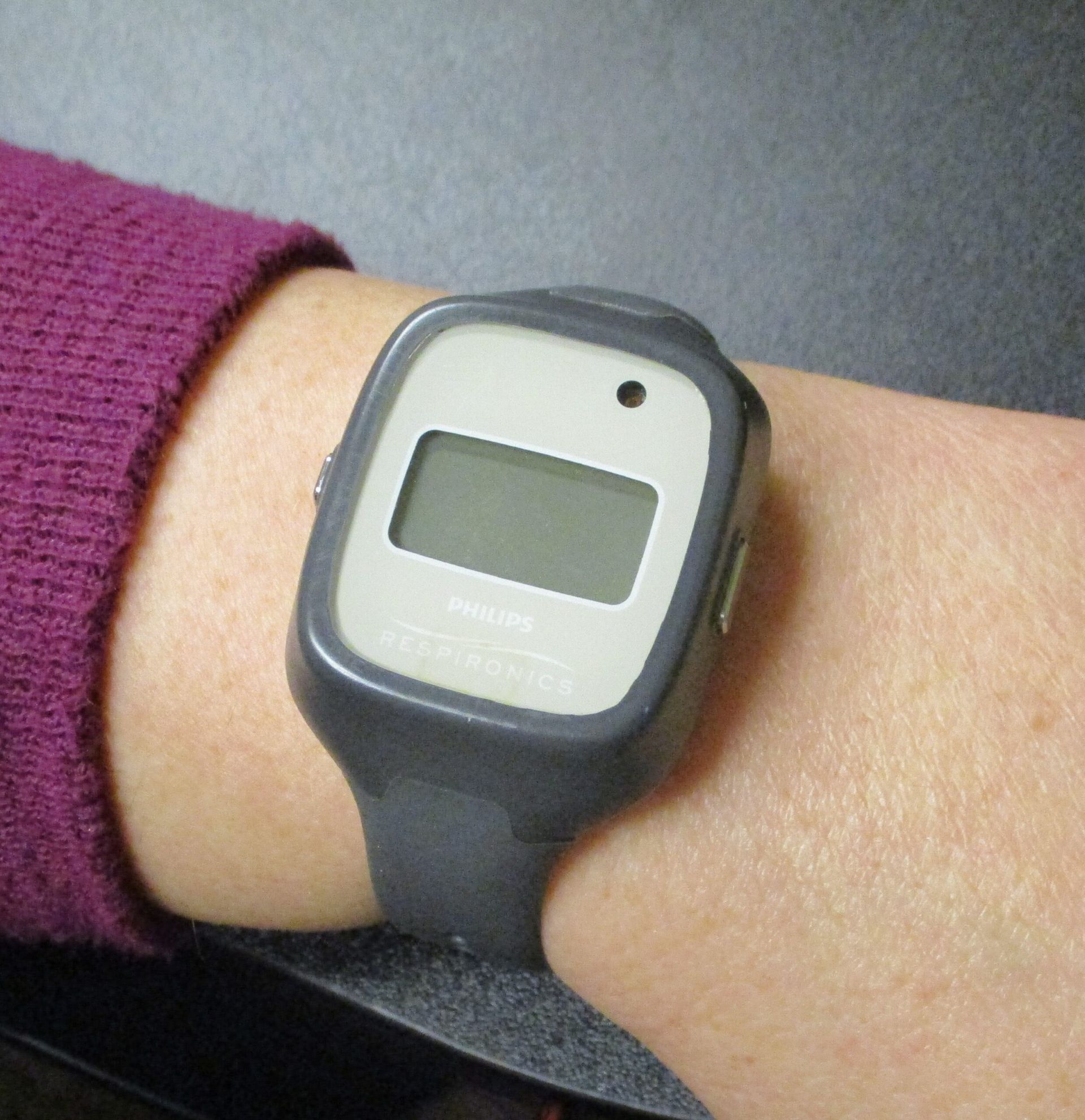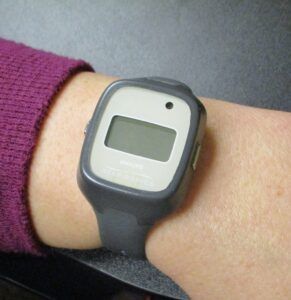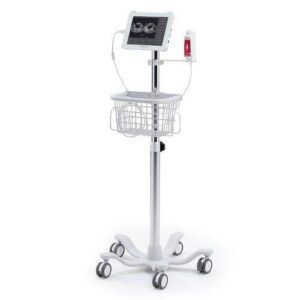
STREAM Helps Seniors Get Back Some Dignity and Freedom
Incontinence.
It’s not a subject most of us think about…or really want to hear about. But, for seniors, and their loved ones, it is an unwelcome and often overwhelming problem that can cause shame, embarrassment and even depression. The experts at Saint Therese also say it can also cause isolation as those affected may not want to participate in social activities for fear of an incident.
Equally as concerning, it can lead to urinary tract infections and skin breakdowns.
In fact, incontinence is one of the top reasons that people are admitted into long term care facilities, aka care centers or nursing homes. It also becomes an iSTREssue in combination with other diseases. According to the National Association for Incontinence, at least 25 million Americans live with urinary incontinence alone.
“Because of its prevalence, people assume incontinence is a normal part of aging, but it’s not,” said Morganna Moon, MSN, RN, Director of EMR and Education for Saint Therese. “It’s usually a symptom of a condition and may be reversible.”

In an effort to better understand why incontinence happens and to find ways to improve the condition among its nursing home residents, a health care consortium made up of Saint Therese and three other senior care organizations (Cassia, Presbyterian Homes & Services and Volunteers of America), has been working on a grant project called STREAM (Strategies Targeting Resident Elimination Assessment and Management).
“Our involvement in this consortium is part of our enduring effort to innovate to find ways to improve the care and the lives of our residents,” said Jessica Gier, vice president of Clinical Operations and Reimbursement for Saint Therese.
Submitted by Empira, an Anoka-based quality improvement organization, the STREAM grant was approved by the Minnesota Department of Human Services and work began in January 2020. Empira coordinates with Clinical Informatic Specialists (CIS) at 25 sites in the consortium. These individuals conduct thorough assessments of nursing home residents who are incontinent and also utilize three key pieces of technology, a “smart” brief, an actigraphy watch, and a bladder scanner.
The brief is a smart technology that collects information about when a person is incontinent, what time of day, what type of incontinence and then sends the data to a portal that can be seen in real time. The briefs are worn for three days.

The actigraphy watch, worn for seven days, is used to monitor movement and sleeping/waking patterns over an extended time period. For instance, you can see that someone got up to go to the bathroom and compare it to the smart brief to see if they’ve had incontinence.
And the bladder scanner shows how much urine is in the bladder, which is helpful for those dealing with issues such as urine retention.
Data from these three technologies are merged with the assessment conducted by CIS staff, to develop an individualized care plan to improve incontinence. Tools used could include pelvic floor exercises, biofeedback, scheduled bathroom breaks and lifestyle changes.[1]
Occupational therapy is very involved in this effort as the therapists work with residents on bladder retraining and exercises.
“We’re able to give our residents back their ability to provide self-care and improve self-esteem by showing them ways to address incontinence,” said Karen Vetter, RN and CIS, Saint Therese of New Hope.
The STREAM program runs through December 2022, at which time a report will be completed with its findings and successes. But anecdotally, it can be said that resident family members, and staff at the senior living organizations, are encouraged by this effort to preserve and return dignity and freedom to their loved ones.

“I also believe it makes our nurses better,” said Moon. “We want them to practice at the height of their expertise and STREAM helps them achieve that.”
The Saint Therese program is overseen by Moon who is also the CIS at Saint Therese of Oxbow. Others on the STREAM team include Karen Vetter, RN, Saint Therese of New Hope, and Jeanna McLean, RN, Saint Therese of Woodbury.
[1] Urinary Incontinence in Older Adults, National Institute on Aging, https://www.nia.nih.gov/health/urinary-incontinence-older-adults.
About
At Saint Therese, our heartfelt purpose since 1968 has been a people first approach to living well by providing senior care and services where every life we touch feels welcomed, respected, and heard. We achieve this by doing ordinary things with extraordinary love every single day. Contact us to learn more.







